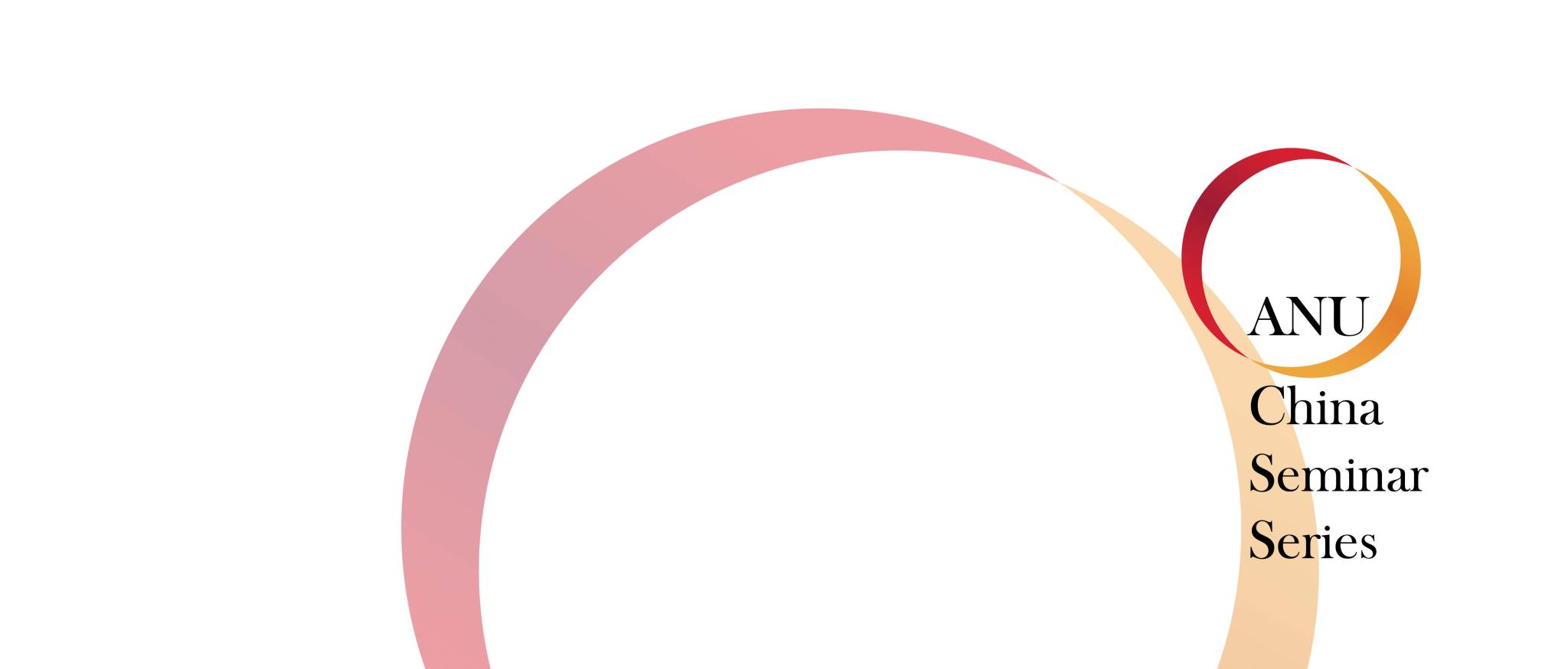Since the founding of the Communist Party of China (CPC) a century ago there is much the country has achieved but some dispute over who did the heavy lifting, who should get the credit, and who gets the spoils. Cadre Country places the spotlight on the nation’s 40 million cadres—the managers and government officials employed by the ruling Communist Party to protect its great enterprise – and shows they constitute a powerful interest group that associates its interests with those of the country. They make the party China’s sovereign person, make party history national history, make party ideology national ideology, and make patriotism a popular mode of loyalty to the party. This talk draws on themes in the book to focus on CCP nationalism and what it means for China and the world under the leadership of Xi Jinping.
About the Speaker
John Fitzgerald, a historian of China and the Chinese diaspora, is Emeritus Professor at Swinburne University in Melbourne and non-resident Senior Fellow at the Australian Strategic Policy Institute in Canberra. He served five years as China Representative of The Ford Foundation in Beijing (2008-2013) after terms as Director of the International Centre of Excellence in Asia-Pacific Studies at the Australian National University and Head of the School of Social Sciences at La Trobe University. He was elected President of the Australian Academy of the Humanities (2015-2017) and served on the advisory boards of the Australian government’s Australia-China Council and its National Foundation for Australia-China Relations. His recent books include Cadre Country: How China became the Chinese Communist Party (2022) and (ed) Taking the Low Road: China’s Influence in Australian States and Territories (2022). Earlier books include Big White Lie: Chinese Australians in White Australia (2007), awarded the Ernest Scott Prize of the Australian Historical Association, and Awakening China: Politics Culture and Class in the Nationalist Revolution (1997), awarded the Joseph Levenson Prize of the U.S.-based Association for Asian Studies. He has a Ph.D. from ANU and held a Fulbright postdoctoral fellowship at the University of Wisconsin-Madison. He is a graduate of the University of Sydney.
The ANU China Seminar Series is supported by the Australian Centre on China in the World at ANU College of Asia and the Pacific.
